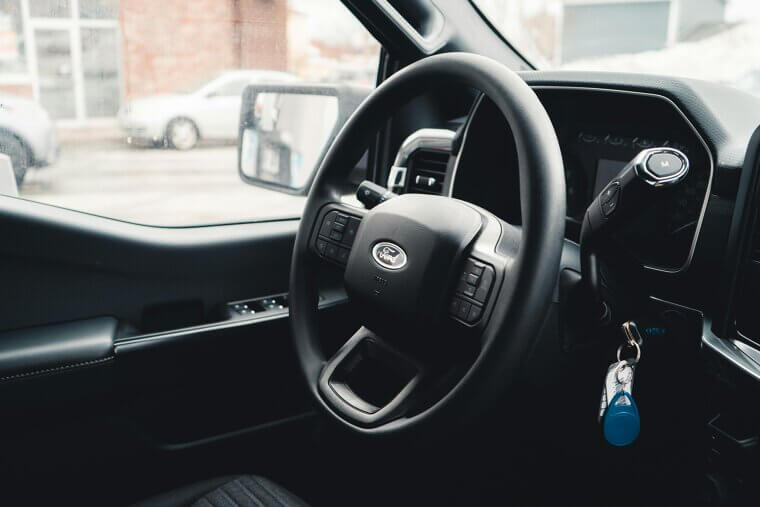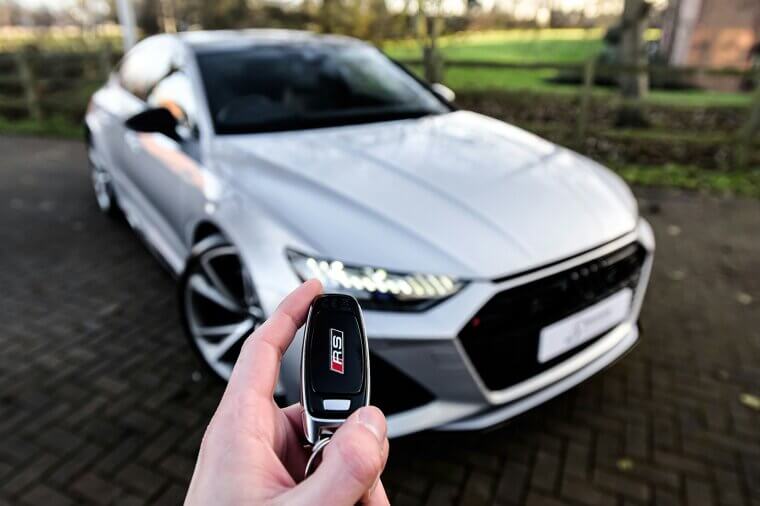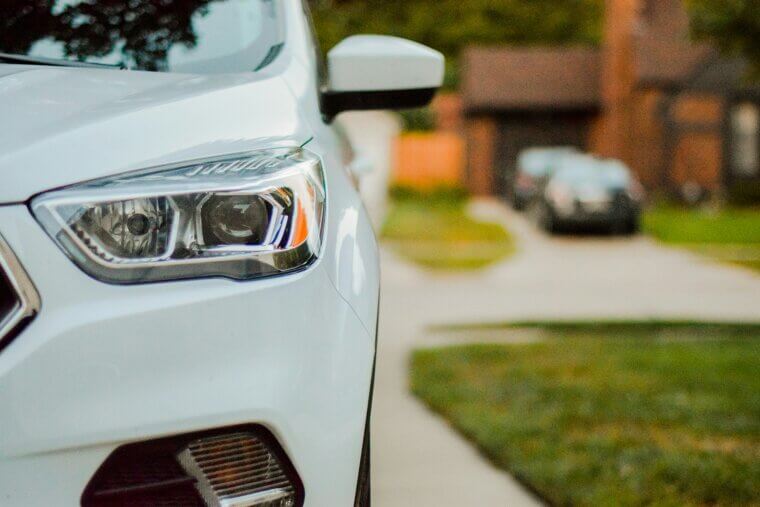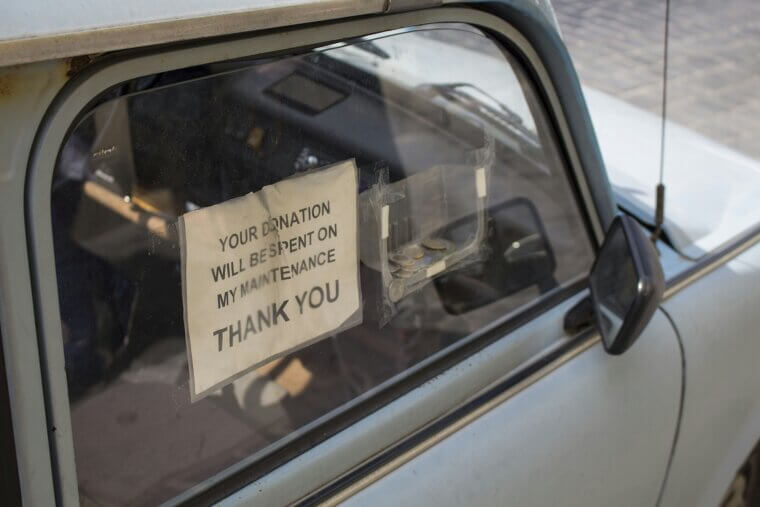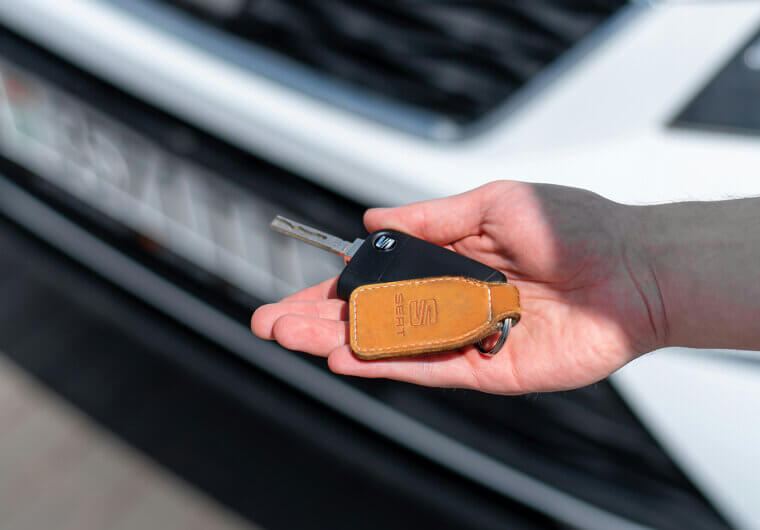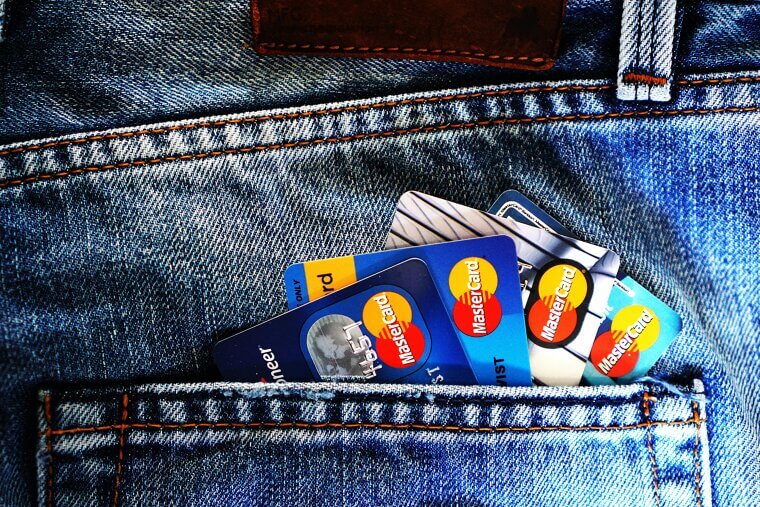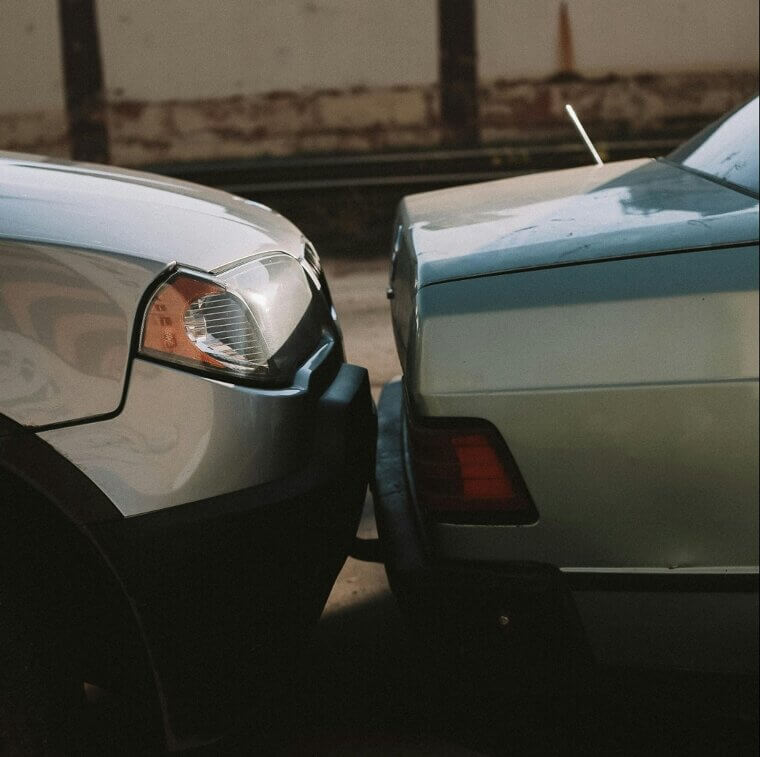Car Dealers Don’t Want You to Avoid These 17 Mistakes
Buying a car? It’s not all just about kicking tires and picking colors. Experts say too many buyers fall into the same traps, and it can cost thousands. Whether it’s financing fumbles to budgeting blunders, knowing what not to do is half the battle. So before you sign anything, steer clear of these costly car-buying mistakes!
Financing a Car Instead of Paying Cash
If you can pay cash, do it. Financing means interest, and that means you’ll pay more than the sticker price over time. Even with a low rate, financing stretches your cost. Cash may sting upfront, but skipping the loan can save you thousands and give you more power when negotiating.
Leasing a Car
Leasing sounds affordable, but it’s often a trap. You’re basically renting a car with strict limits, surprise fees, and nothing to show at the end. You’re locked in, and breaking a lease can be painful, so unless it’s for business or short-term needs, buying used is usually the smarter, more flexible move.
Buying New Instead of Used
New cars lose value the second you drive them off the lot - often thousands! Meanwhile, lightly used vehicles (just a year or two old) offer big savings and the same features. Unless you’re after that fresh-new smell or custom options, let someone else take the depreciation hit.
Assuming a Car Is an Investment
Cars are assets, but they’re depreciating ones. That shiny ride won’t grow in value like a house. With rare exceptions (notably classics or collectibles), most cars lose value steadily. Plan accordingly and buy what you need, not what you think will “pay off” someday (Spoiler alert: it won’t).
Steer Clear of Shopping Before Setting a Budget
Falling in love with a car before you know what you can afford? That’s a classic mistake! Set your budget first (including insurance, maintenance, and taxes) then go shopping. Getting emotionally attached too early can lead to overspending, bad financing, or ignoring red flags just to make it “work.”
Not Factoring in Total Cost of Ownership
It’s not just the price tag. Gas mileage, insurance rates, maintenance costs, taxes, and depreciation all affect a car’s long-term expense. That luxury SUV might seem affordable… until it drinks fuel and needs $1,200 tires. Always calculate the total cost before committing, or you could end up in financial quicksand.
Trading In a Car That Isn't Owned
If you haven’t paid off your old car yet, trading it in can be risky. You might roll negative equity into your next loan, starting the cycle all over again. Always check your payoff balance versus your trade-in value - if the numbers don’t line up, it might be better to wait.
Taking Out Long-Term Car Loans
Longer loans lower monthly payments, but they also cost more in the long run. You’ll pay more interest, risk being upside down on the loan, and drive an older car while still paying it off. Stick with shorter terms when possible; they hurt more monthly, but save money overall.
Not Shopping Around for Better Deals
Loyalty is lovely, but it doesn’t save money. Car prices vary widely by dealer, region, and timing. Shop online, check competitors, and don’t be afraid to pit one quote against another. The first offer you get is rarely the best. A little extra legwork can lead to thousands in savings.
Being Fooled by Zero-Percent Financing Deals
Zero-percent financing sounds amazing, right? But these deals usually come at the cost of other discounts (such as a rebate or price cut). Dealers may inflate the car’s price or tack on extras, too. Do the math: sometimes it’s smarter to take the rebate and finance elsewhere at a low rate.
Buying Based on Monthly Payment
If a dealership steers the conversation toward monthly payments, beware. They might stretch the loan, add extras, or glam up a bad deal. Focus on the total cost, not just what you’re handing over each month. A “manageable” payment might be hiding a bloated price tag or interest rate that stings later.
Not Using Vehicle History Reports
A clean car can hide a messy past. Skipping a vehicle history report is like buying blind. Services like CARFAX or AutoCheck can reveal accidents, odometer rollbacks, floods, or major repairs. It’s a tiny cost for major peace of mind… and it might just save you from a lemon.
Not Getting a Pre-Purchase Inspection
Even if that used car looks perfect and runs smooth, a mechanic can spot problems you can’t. For less than a couple hundred bucks, you get a full picture of what you’re really buying. Skip this step, and you could end up owning someone else’s engine troubles or transmission nightmares.
Avoiding a Down Payment
Zero-down deals sound great - until you realize you’re underwater on the loan from day one. Putting money down reduces your loan, shrinks your interest, and protects you from negative equity. Even a modest down payment shows lenders you’re serious and gives you leverage when it’s time to negotiate.
Letting Emotions Decide
That cherry-red convertible with the racing stripes? It’s a vibe, but is it practical for your snowy driveway, three kids, and two dogs? Fall in love with the right car after doing your research, not before. Emotional buys often lead to regret, budget strain, and bad fits for your lifestyle.
Failure to Check Your Credit Score
Your credit score doesn’t just affect loan approval; it directly impacts your interest rate. Go in blind, and you might accept a terrible rate without realizing you could’ve qualified for better. Check your credit first, shop for financing, and come in ready to bargain with knowledge in hand.
Ignoring Insurance Fees Before Buying
Not all cars are created equal when it comes to insurance. A flashy sports car or a high-theft model could spike your premiums. Before you commit, get a quote from your insurer. That “cheap” car might cost a fortune to cover - and that could throw your whole budget off course.



